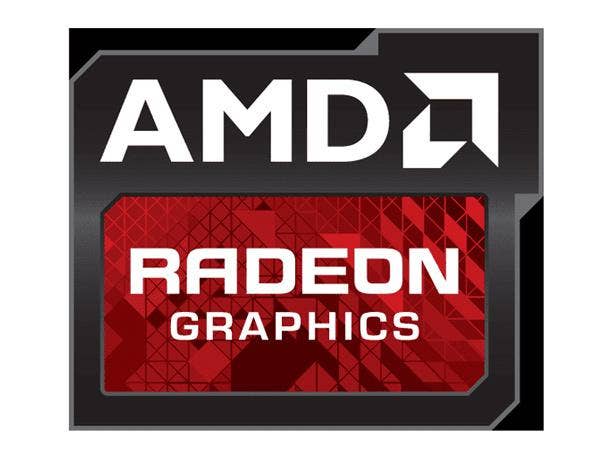Samsung To Use AMD Radeon Graphics For Smartphones, Other Devices
‘If you want something that is going to drive volume, mobile devices are the place to be,’ one AMD partner says of the Samsung deal, which is expected to earn the chipmaker hundreds of millions of dollars.

AMD said it will license ultra-low-power, high-performance Radeon graphics IP based on its next-generation RDNA architecture to Samsung Electronics in a deal that is expected to earn the chipmaker hundreds of millions of dollars.
The Santa Clara, Calif.-based company said the new deal is a part of a multiyear strategic partnership that will allow Samsung to create new graphics technologies and solutions for mobile devices, including smartphones. An AMD spokesperson declined to disclose the value of the deal but said the company is expected to rake in hundreds of millions of dollars in license fees and royalties over the lifetime of the agreement.
[Related: The Biggest News From Intel, AMD And Nvidia At Computex 2019]
AMD's stock price was up more than 7 percent Monday morning.
“As we prepare for disruptive changes in technology and discover new opportunities, our partnership with AMD will allow us to bring groundbreaking graphics products and solutions to market for tomorrow’s mobile applications," Inyup Kang, president of Samsung Electronics’ S.LSI Business, said in a statement. "We look forward to working with AMD to accelerate innovations in mobile graphics technologies that will help take future mobile computing to the next level.”
AMD said the the technology it's licensing to Samsung is custom Radeon graphics IP based on its RDNA graphics architecture that was unveiled last week at Computex 2019. The company, which is using the architecture for its forthcoming 7-nanometer Radeon RX 5700 graphics cards, had previously said RDNA will include a higher performance-per-clock of more than 1.25 times and a higher performance-per watt of more than 1.5 times compared with its previous architecture, enabling “a better gaming performance at lower power and reduced latency.”
“Adoption of our Radeon graphics technologies across the PC, game console, cloud and HPC markets has grown significantly and we are thrilled to now partner with industry leader Samsung to accelerate graphics innovation in the mobile market,” Lisa Su, AMD's CEO, said in a statement. “This strategic partnership will extend the reach of our high-performance Radeon graphics into the mobile market, significantly expanding the Radeon user base and development ecosystem.”
Dominic Daninger, vice president of engineering at Nor-Tech, a Burnsville, Minn.-based system builder and AMD partner, said the deal will help the chipmaker better compete with Nvidia, which supplies graphics IP for some mobile devices with its line of Tegra chips.
“If you want something that is going to drive volume, mobile devices are the place to be,” he said. “That certainly ought to add to the strength and base for AMD.”
The partner said AMD's deal with Samsung, one of the world's largest smartphone makers, contrasts with recent developments at Intel, which announced in April that it will abandon its 5G smartphone modem business. The semiconductor giant had been trying for years to strike big in the smartphone market after initially missing out.
“They really missed out on some huge market opportunities,” Daninger said.